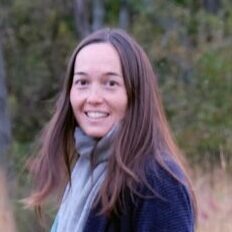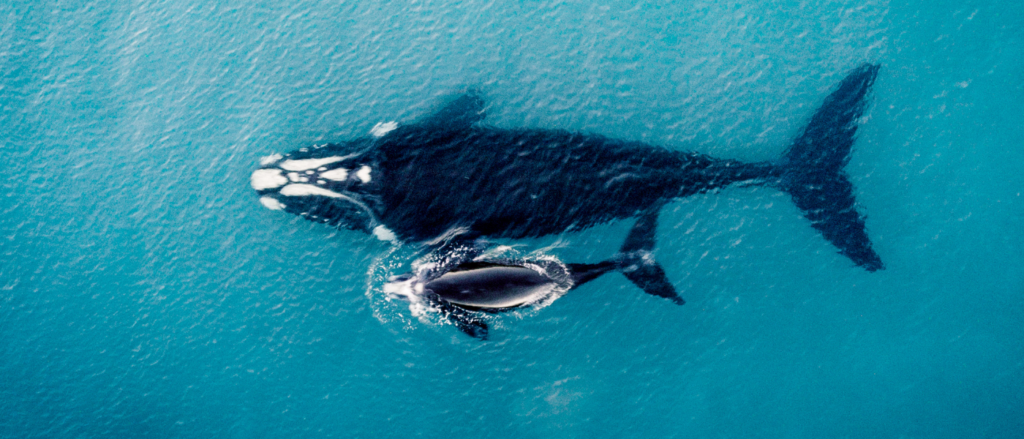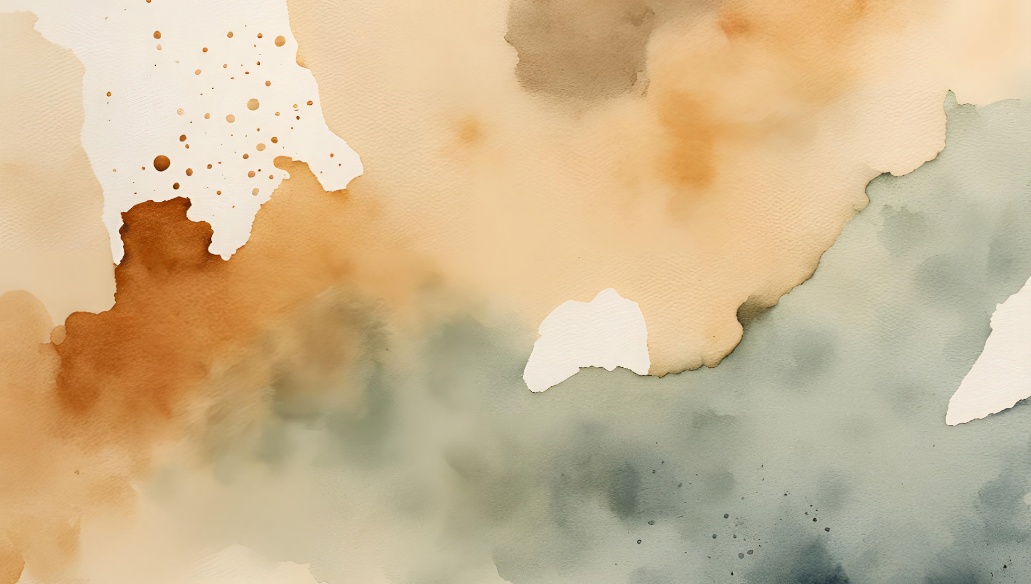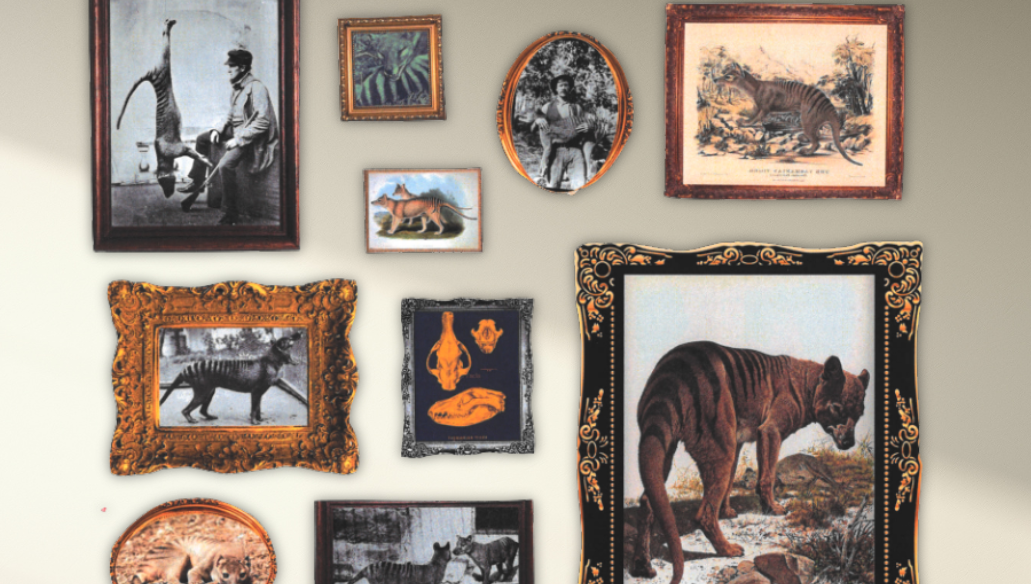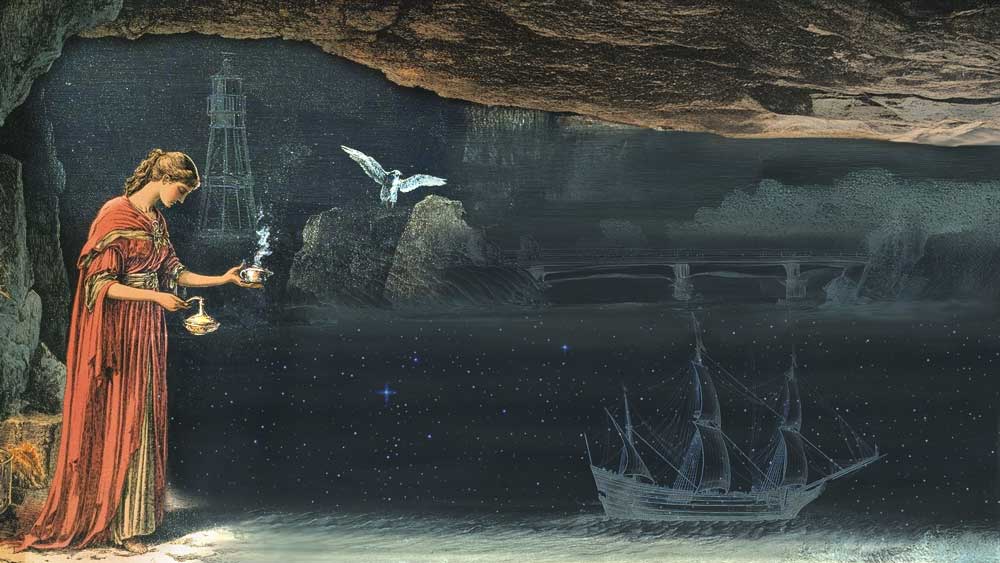Editorial Note: Anri Wheeler was a finalist for our Editors-in-Chief position for our 2025 Community Anthologies. We invited our finalists to write a short piece on the topic of their proposed anthology. Below, get insight into “On Caregiving,” the anthology topic that Anri had proposed for her Community Anthology.
In the summer of 2018, Tahlequah, a female orca whale, carried her dead calf with her for 17 days across 1,000 miles. The female calf, who died a few hours after birth, was nudged by her mother and stayed afloat in the cold waters of the Pacific off the coast of Canada and the Northwest US, eventually sinking into the Salish Sea. We in the human world were all voyeurs to Talequah’s mourning. We wrote about it, it was televised, we imposed our human ideas and values, making meaning in ways she likely did not.
“Tour of grief.”
“Grieving orca mother.”
In my own writing and in conversations with close friends, I have been interrogating what it means to care give when so many relationships of care are bound up with systems of power. How do we wrest control of meaningful pathways to healing and community from those who seek to exploit and/or maintain the oppressive status quo? How do we honor the powerful modalities of care that have always, and continue to, exist outside the bounds of dominant culture and systems?
The bulk of my current caregiving takes the form of motherhood, but as my parents age, I have seen what potentially awaits through the lens of my “sandwich generation” peers. The sudden death of a friend’s young son three years ago had me stepping up to shoulder her care alongside two others. All of these examples are, for me, care I entered into freely and without expectations, though this in no way precludes it from being exhausting, just as it can spark some of the deepest shared laughter and clarity of purpose. So many both/ands.
Our eldest child is a sophomore in high school. Though she may boomerang back (as I did for one year post-college), her remaining full time years under the same roof are far fewer than those we’ve already shared. The same is true for her sister, who is in her last year of middle school. Only the baby of the family, a fourth grader, sits at the precarious halfway point, and yet the invisible countdown clock is already ticking steadily downwards.
I am deeply invested in exploring the ways caregiving, in all of its forms, can be a drain on caregivers, even those who take deep pride and joy in the undertaking. What does it mean to live in a capitalist society where we often face the impossible choice of caregiving at the expense of our own mental and physical health and resilience? What would it mean to be given the time and space to do so sustainably? How can we collectively reimagine ways to break the unhealthy cycles of caregiving to the brink of self-obliteration that so many undergo, not because they want to, but as a means of survival?
I don’t know anything about what an orca feels. I could look it up, but even that would be filtered through a human scientist who cannot communicate with her subject in a way that renders what I read meaningful. Tahlequah was showing us — any words I use, pain, grief, tears, are all my inadequate human expressions to evoke what she was doing — what mothers do: carry, and carry, and carry until there is nothing left to shoulder, our needs secondary.
As the daughter of an immigrant to this country, I also know how assimilation is survival. I do not seek to vilify her or any of my family members who were doing their best with what they understood at the time. And, I was socialized in ways that ingrained in me that putting others first, no matter the personal cost, is how you show love. I am still unlearning these behaviors as they manifest in my own mothering. I have both failed and uplifted my daughters in myriad ways as I work to break harmful cycles. How can we come together across generational harm and care to liberate the act of caregiving as we pass down its joys and hardships to the next generation? How can I teach my daughters the protective and restorative nature of learning to set boundaries before it is too late?
I live with two teenage girls, but wholeheartedly reject the stereotypes that permeate this phase of motherhood. I see deep beauty in entering perimenopause as they begin to menstruate — parallel weathering of hormonal storms. The 15-year-old relishes alone time in her room as I too did at her age. But she will also surprise me late at night when we are the only two left awake in the house, sitting next to me on the couch, resting her head on my shoulder and asking, “What are your updates?” The 13-year-old, the empath, always makes sure I sit down to eat, disrupting my fluttering around the kitchen to fill my family’s plates. She will scream “love you” as she heads up the stairs to begin her more-complicated-than-mine evening skin care routine. The 9-year-old still asks for a “pre-bedtime-snuggle,” making sure to tuck both of our feet under the blanket before settling in.
We are witnessing daily the real-time deleterious effects of leaders who only think about themselves (and perhaps their small group of similarly privileged peers). Collectives that nurture continue to be crucial components of an infrastructure of survival and hope. As Mariame Kaba says, “everything worthwhile is done with other people.” So how does the act of caregiving lay bare who we are and who we can be to others? At any moment, caregiver can be rendered care-seeker, and in any relationship built on mutuality, these lines will be consistently blurred in the most beautiful of ways.
